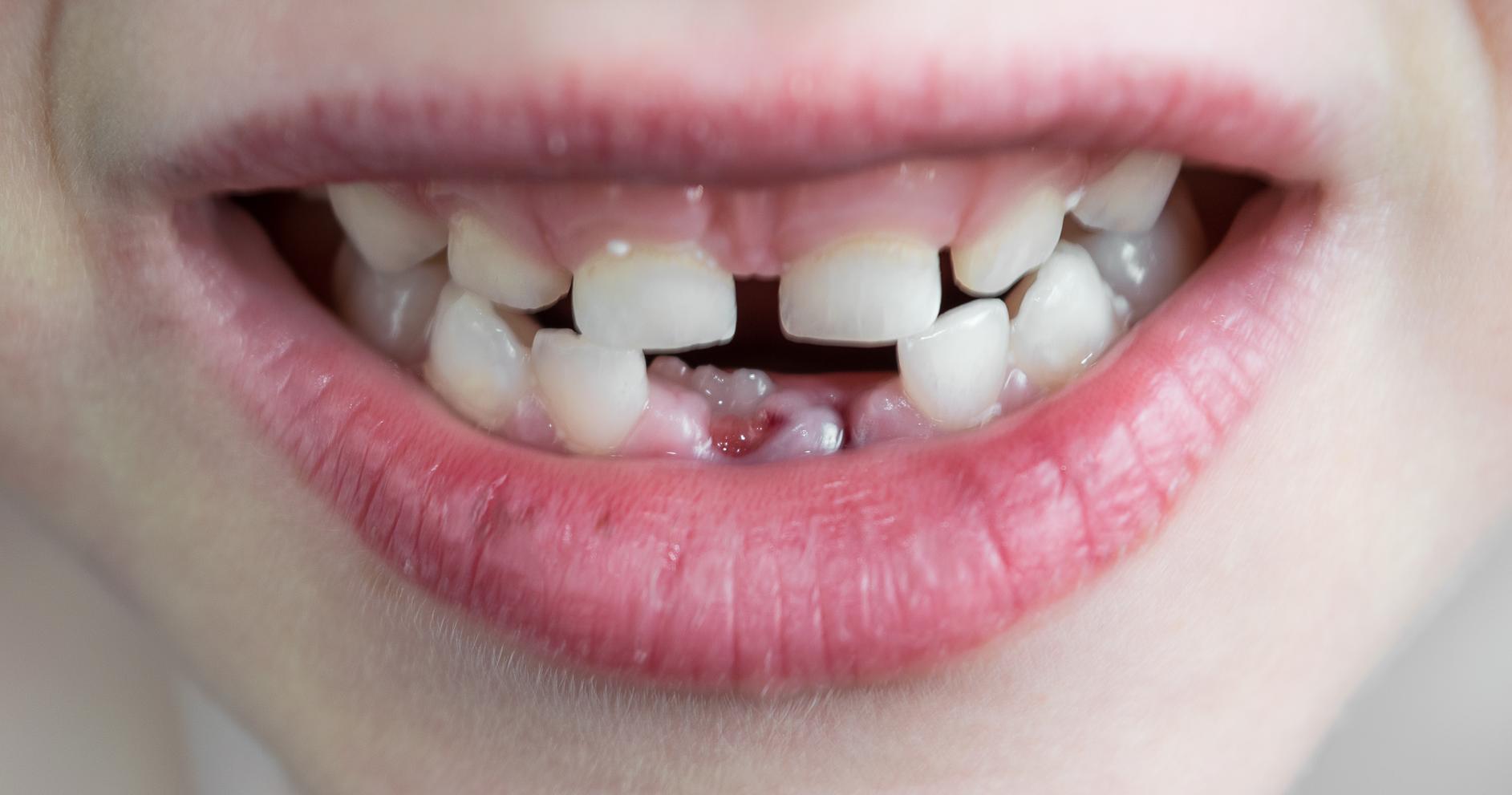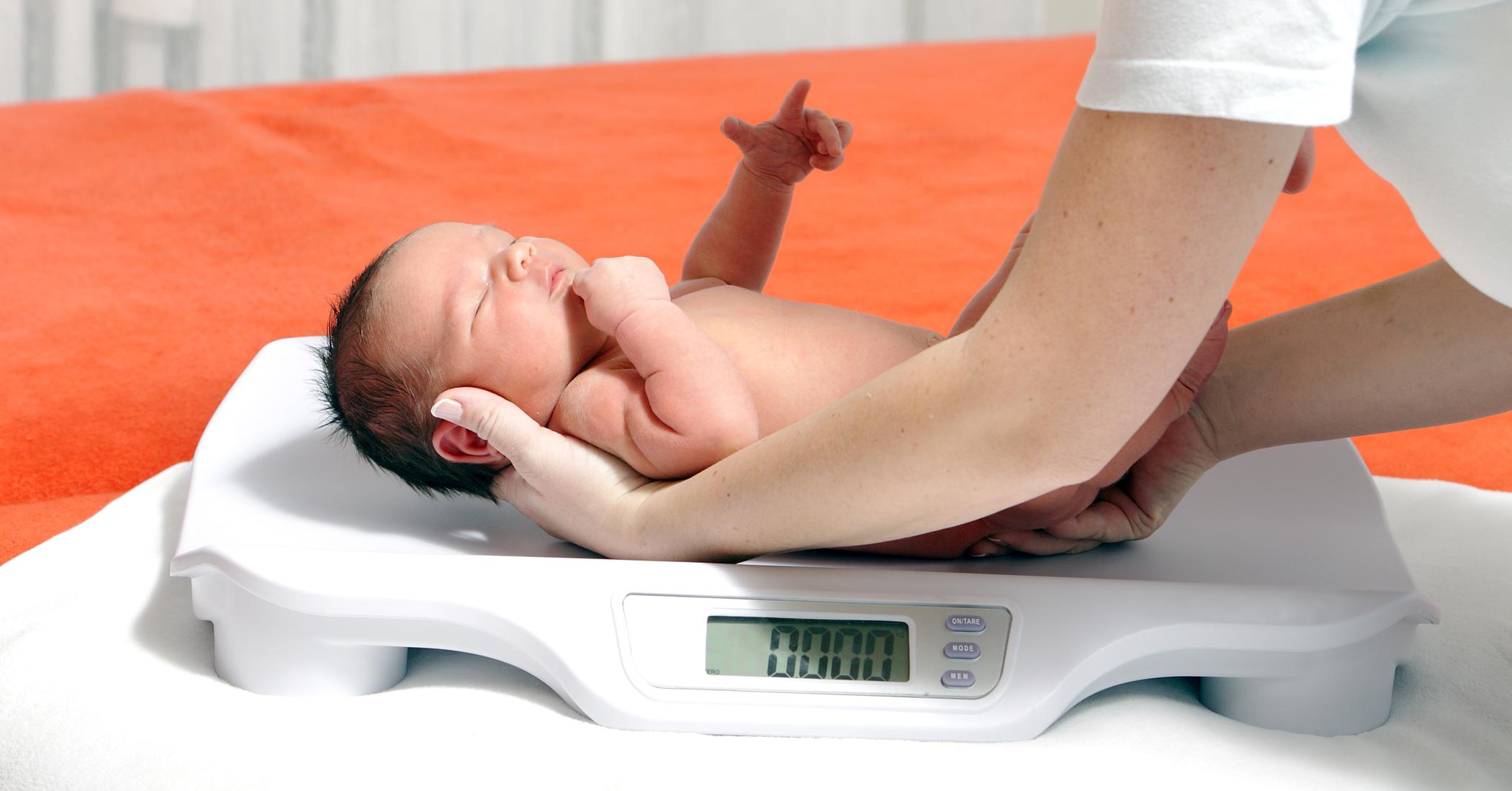Signs Of Hypophosphatasia
Failure To Gain Weight In Infancy
Failure to gain weight in infancy is also known as failure to thrive. Bone growth is slowed causing the infant to remain small. Since bones are unable to absorb calcium, there is an overabundance in the blood. This is called hypercalcemia, and it can cause constipation, vomiting, and frustration and distress with feeding in infants. If an infant is unable to feed, they will not intake sufficient nutrients for growth. Likewise, if an infant is unable to feed and is vomiting, they may lose weight. Either situation contributes to insubstantial weight gain and can have a devastating impact on the infant.
Learn more about the warning signs of hypophosphatasia in early childhood now.
Early Loss Of Baby Teeth

The early loss of baby teeth is a sign of a less severe form of hypophosphatasia. In fact, it might be the first noticeable sign of the disease in young children. Normally, baby teeth fall out slowly when children are between six and twelve years old. A child with hypophosphatasia will have lost all baby teeth, including the root, by five years old. This is often caused by the weakening of the ligaments that hold them in place, and by their fragile bones. Early loss of the primary teeth can be troublesome for the placement of the permanent teeth. When primary teeth are lost gradually and individually, the adult teeth behind them have a guide to follow into their permanent place. Without this guide, adult teeth can grow into any open spaces.
Get to know the next hypophosphatasia warning sign now.
